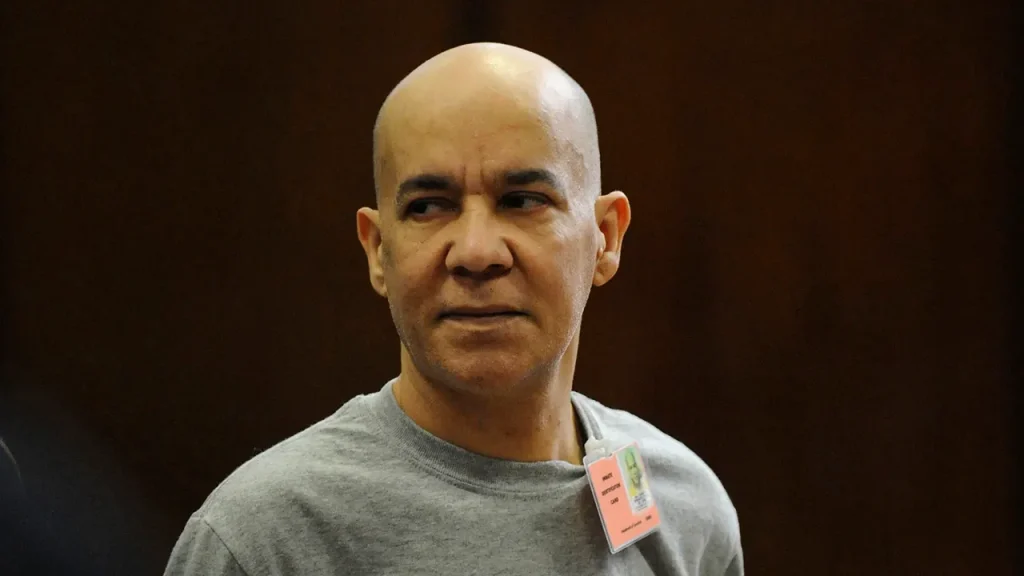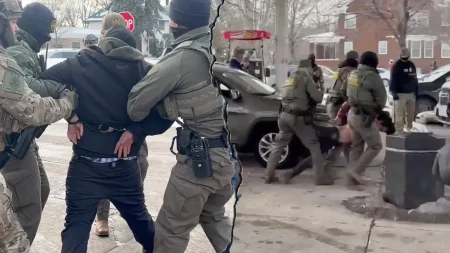The Etan Patz Case: Manhattan DA to Retry Pedro Hernandez in Decades-Old Missing Child Case
In a significant development that reopens one of New York City’s most heartbreaking cold cases, the Manhattan District Attorney’s Office announced plans to retry Pedro Hernandez for the 1979 kidnapping and murder of 6-year-old Etan Patz. This case, which captured the nation’s attention and helped launch the missing children’s movement, continues to resonate more than four decades after the small boy disappeared while walking to his bus stop alone for the first time. Etan became one of the first missing children to appear on milk cartons, his smiling face a haunting reminder of a tragedy that changed how America viewed child safety. Assistant District Attorney Sarah Marquez stated clearly that prosecutors believe the available evidence supports moving forward with charges of second-degree murder and first-degree kidnapping, indicating their confidence despite the legal setbacks the case has encountered.
The decision to retry Hernandez comes after a complex legal journey spanning years. Hernandez first confessed to the crime nearly three decades after Etan’s disappearance, claiming he had lured the boy into the basement of the convenience store where he worked, choked him to death, placed his body in a plastic garbage bag inside a box, and disposed of it with the trash. These confessions led to Hernandez’s first trial in 2015, which ended with a hung jury unable to reach a unanimous verdict. A second trial in 2017 resulted in a conviction and a sentence of 25 years to life in prison. However, the U.S. Court of Appeals for the Second Circuit overturned this conviction in July, determining that the jury had received inadequate instructions regarding how to evaluate Hernandez’s confessions—a critical element in a case with limited physical evidence.
The legal reversal hinged on what the appeals court described as “clearly wrong” and “manifestly prejudicial” jury instructions provided by the trial judge. The issue concerned how jurors should consider Hernandez’s confessions to police, which formed the cornerstone of the prosecution’s case. This technical but crucial legal error opened the door for Hernandez’s defense team to successfully challenge the conviction. Following the appeals court decision, Judge Colleen McMahon of the U.S. District Court for the Southern District of New York established a firm deadline: prosecutors must retry Hernandez by June 1, or he would be released from custody. This ultimatum accelerated the timeline for the Manhattan DA’s office to decide whether to pursue a third trial.
Defense attorneys Harvey Fishbein and Alice Fontier maintain their client’s innocence despite his confessions, telling the Associated Press they “remain convinced that Mr. Hernandez is an innocent man.” They have promised to present “an even stronger defense” at the upcoming trial, suggesting they will likely challenge the reliability of Hernandez’s confessions and potentially argue that he has mental health issues that led him to falsely confess. The defense strategy in previous trials emphasized Hernandez’s low IQ and history of hallucinations, painting him as a vulnerable person who made false statements under pressure. They previously pointed to another suspect, convicted child molester Jose Ramos, who had connections to Etan’s family and was for years considered the primary suspect in the case before Hernandez’s confession.
The Patz case transformed American culture and parenting in profound ways that extend far beyond the courtroom. When Etan disappeared on May 25, 1979, walking just two blocks alone in SoHo, his case sparked nationwide attention that led to new approaches to finding missing children. His parents’ tireless advocacy helped create National Missing Children’s Day, observed on the anniversary of his disappearance, and contributed to the establishment of the National Center for Missing and Exploited Children. The image of Etan’s face on milk cartons became an iconic symbol of missing children nationwide, a practice that helped locate numerous children in the years that followed. His disappearance marked a turning point in American parenting, ending an era when children routinely played unsupervised in city neighborhoods and ushering in what some call the age of “helicopter parenting.”
As the case moves toward its next chapter with a court hearing scheduled for December 1, the enduring questions about what happened to Etan Patz continue to haunt all involved. For prosecutors, the challenge remains proving beyond reasonable doubt that Hernandez is guilty, despite the absence of Etan’s remains or physical evidence linking him to the crime. For the defense, the task is to undermine the credibility of Hernandez’s confessions and present alternative theories. For Etan’s family, who have endured decades of uncertainty and painful legal proceedings, the prospect of a third trial represents both the continued pursuit of justice and the reopening of deep wounds. Regardless of the outcome, the Patz case remains a defining moment in American criminal justice and child safety—a tragedy that forever changed how we protect our children and approach the investigation of crimes against them.












